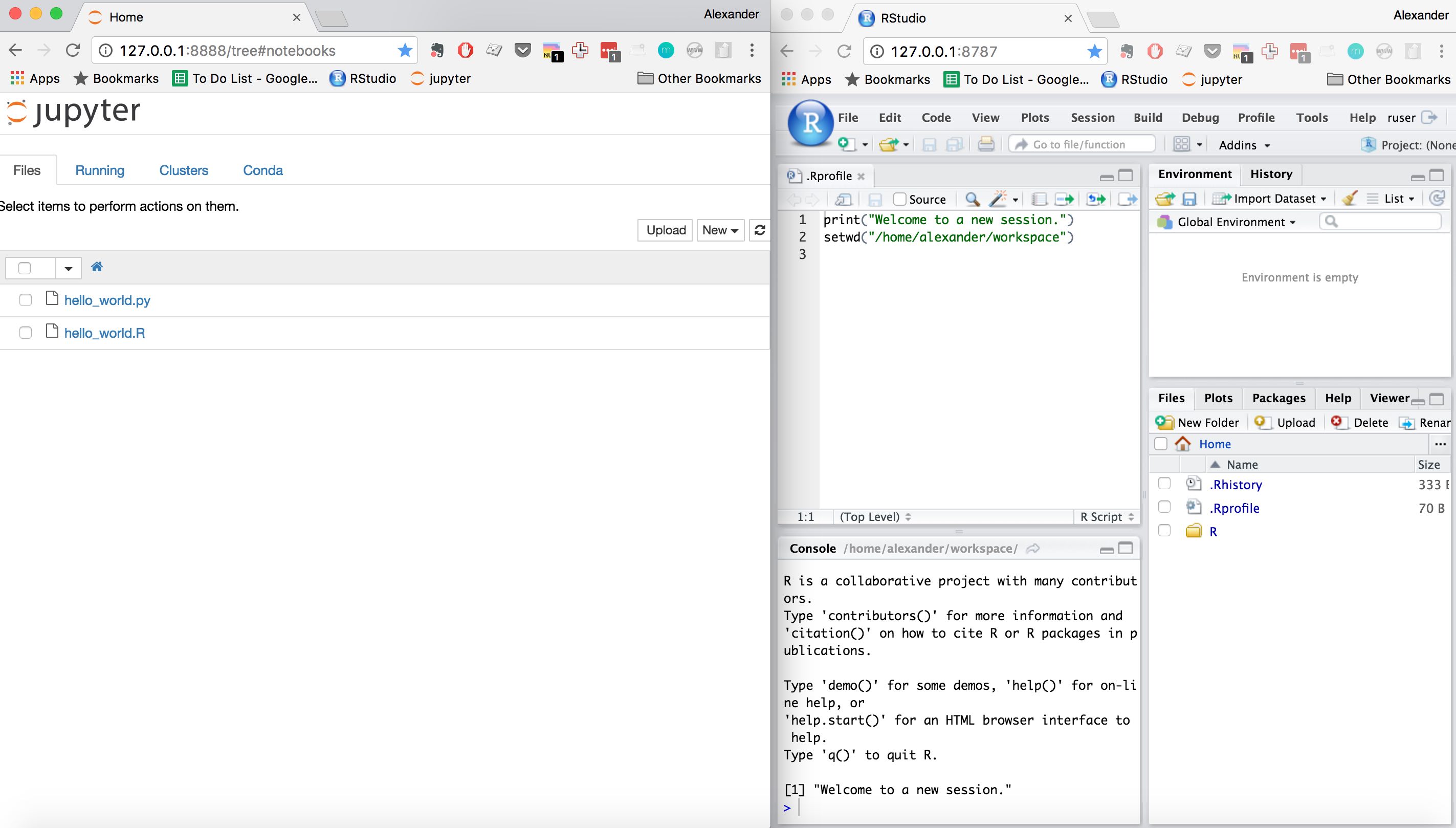

One of the biggest benefits of using R studio server is that it gives us a window to collaborate with peers in a centralized cloud framework. Install all the supporting packages: sudo apt-get install gdebi-core wget sudo gdebi b sudo apt-get install libcurl4-openssl-dev libssl-dev libxml2-dev Install R and R Studio Server: sudo apt-get install r-base r-base-devĬheck out the latest version of the RStudio Server before running the following lines of code. Update apt: Update apt to make sure that we have the latest packages to use with Ubuntu. Create a Google Cloud Project: Sign in to Google Cloud Console and create a project. Configure a virtual machine instance (Ubuntu OS) on Google Cloud:

Being a Linux server application, R Studio server is one of the best solutions that could be hosted on Google Cloud (or Amazon Web Service or Azure) to automatically process large volumes of data in SQL/ R/ Python in a centralized manner. In a real-world scenario, cloud computing and machine learning go hand-in-hand to build, transform and scale predictive modelling projects. Each item is clickable allowing the user to view the contents of the object.Objective: To set up a fully operational machine learning Server on Google Cloud Compute Engine’s virtual machine instance.


Keeps track of all objects created by the user. Tracks all lines of previously run code, and can be used to run lines of code if the user chooses to do so. The contents of the R Markdown document are compiled and converted to a PDF document when the ‘knit’ button is pressed by the user. To finish the code block, insert three further backticks (“`). To create a code block, it must be wrapped in (at a minimum) three backticks and the chosen coding language. To run the code blocks, press the play button. The grey lines are known as ‘code-chunks’ which are executable code blocks. We can see the title name ‘Test’ and the preferred output method chosen when setting up the document. Your workspace will look like the screenshot below:


 0 kommentar(er)
0 kommentar(er)
